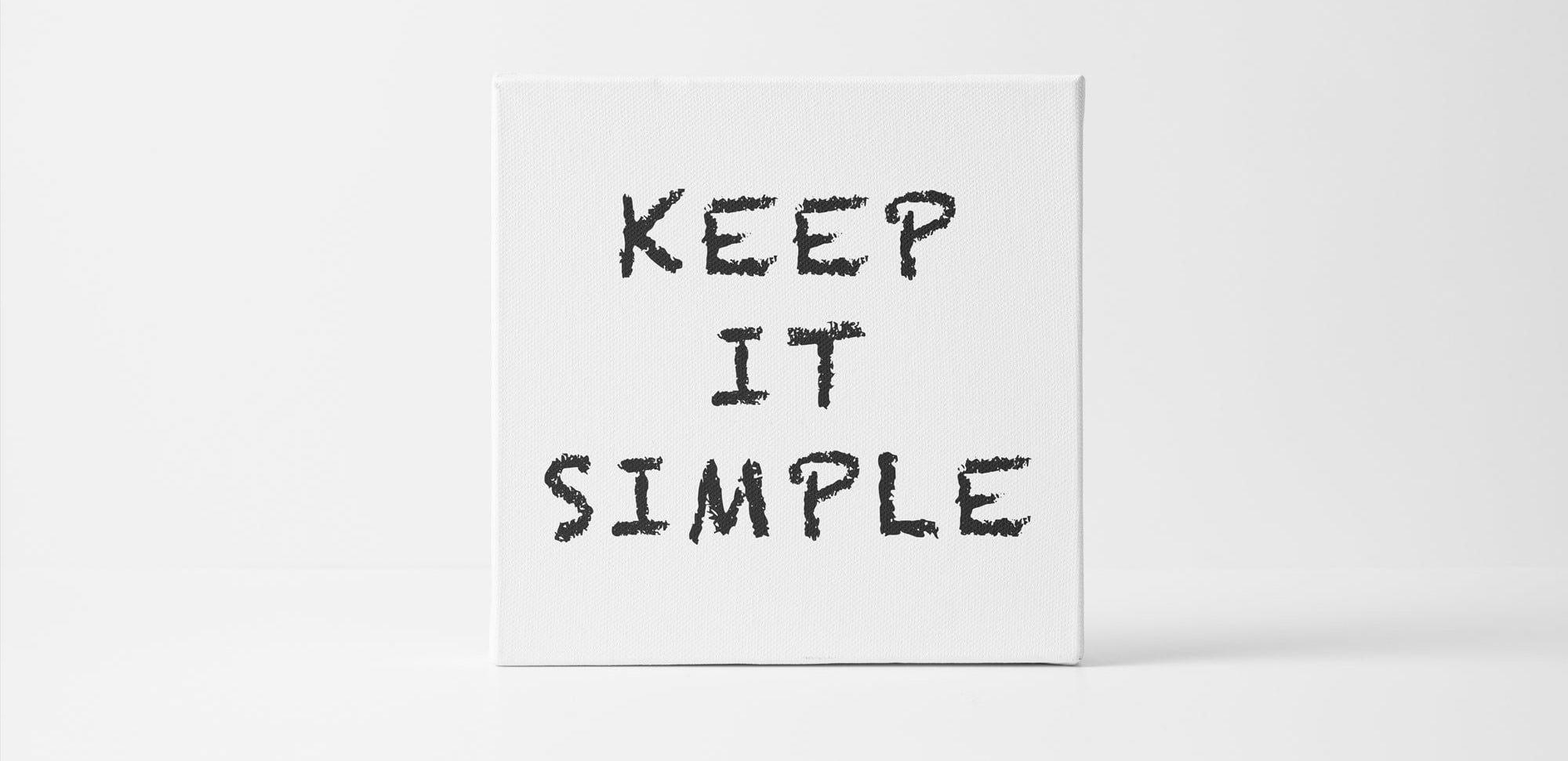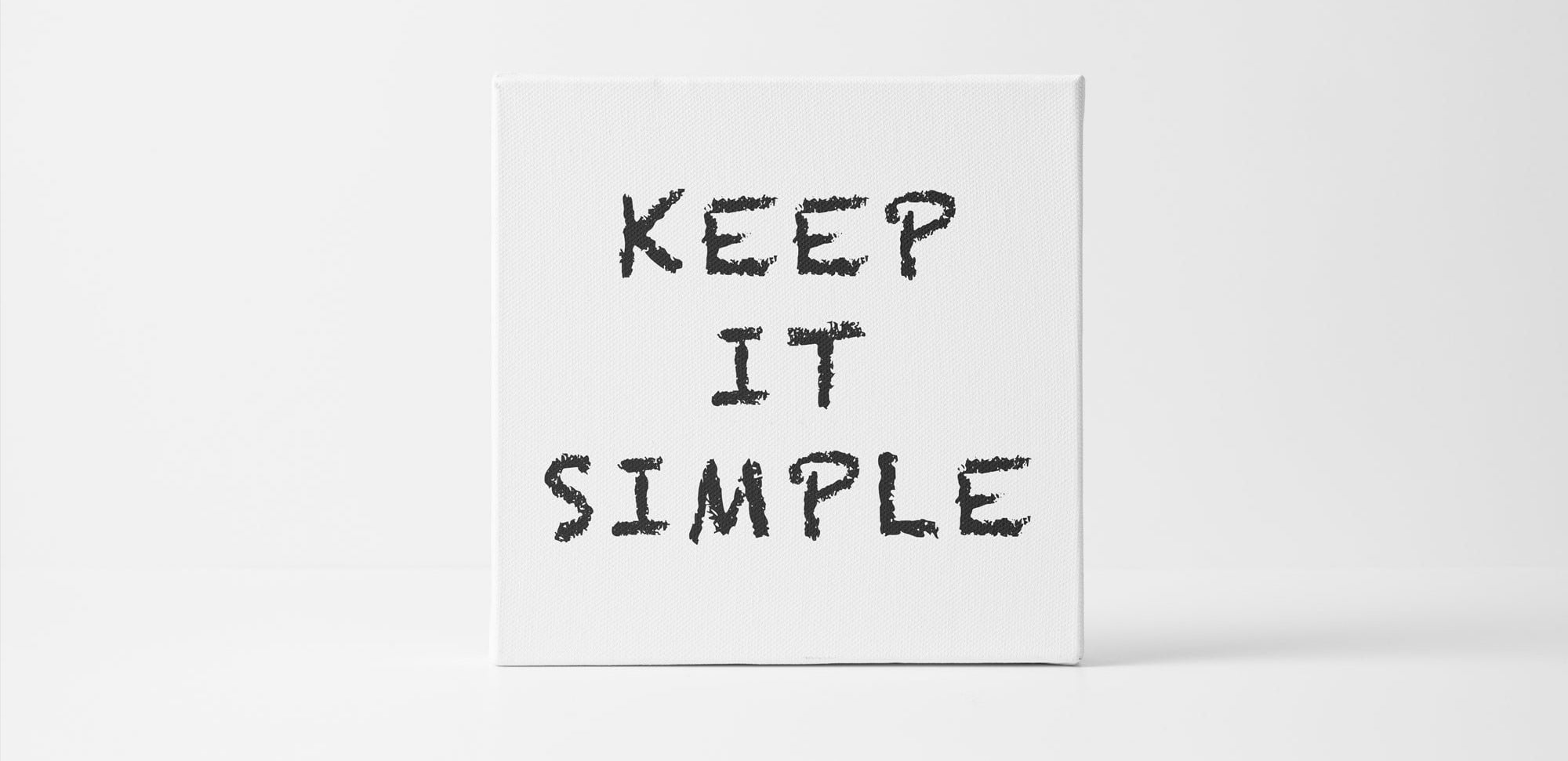Yes, every day we deal with negotiations: discussing where to celebrate the New Year, buying food at the market, or signing a mega-important contract and discussing its terms. The question is: how do you conduct them successfully? What should a businessman or a negotiator keep in mind? How to be satisfied with the negotiation process? Below are the points worth paying attention to.
Nothing is sustainable
As philosophical as this headline may be, there is some truth in it. There are no stable prices that would stay the same for at least a year. There is no sustainable strategy. There is no sustainable development (no matter how much it is promoted). Everything flows and everything changes, as Heraclitus said. That's why the price of a commodity may fall tomorrow. Or it can go up. Or better to say, what exactly can you do to influence it? Never build walls in front of you: everything is possible!
Position and interest: is there a difference?
Yes! Sometimes people think that position and interest are the same thing. But there is a big difference between them: your position is what you want, and your interest is why you want it. That is why it is very important to find out the position of the parties before the negotiations and their interests during the negotiations.
If you want "Yes", start with "No"
This applies to negotiations. If they begin with agreement, then it is either a surrender of interests or a compromise, but not negotiation. Usually we disagree when a provision does not coincide with our interests. In negotiations, "no" is first and foremost an expression of your values, your seriousness and your impartiality. "No" is a very useful word that stimulates change and progress. "Yes" is an indication that the goal has already been achieved. Have you already achieved your goal?
The service and its value
Do you think services will be valued the same as they were at the time of their provision? I don't think so. A person, like humanity in general, strives for something new, relevant, and expedient.
An interesting experiment in the study of the value of a product or service is the one conducted by the famous psychologist Daniel Kahneman, in which he offered to buy or sell a mug. Accordingly, those who had to buy the mug estimated its value to be lower than those who wanted to sell it. The value of what we own and what we offer increases for us. This also applies to negotiations, where our goal is to sell as much as possible (here's a reminder - more expensive, not at a sustainable price)
Behavior
Everyone has their own emotional characteristics. This is why, for example, bold or expressive people are more influential, or introverts will take over your attention on a subconscious level and use all kinds of methods and arguments to change your mind. Your goal is yourself: do not fight the behavior of others. Their behavior is their business, not yours. Think about your position and interests. You have a role to play and do not deviate from it.
Threats: unnecessary aggression
Aggression is a manifestation of your instability. Your aggression can be manifested through threats. Several factors are worth noting here: first, in negotiations, participants must reach a constructive dialogue with the prospect of consensus; second, negotiations are an expression of democracy and respect for both sides. Thirdly, in today's world, threats are actually isolation from others. This method is unpopular, invalid and can have negative consequences.
No one has canceled the principle of reciprocity. Remember the simple truth: aggression only begets aggression, and your threats only begets threats against you.









